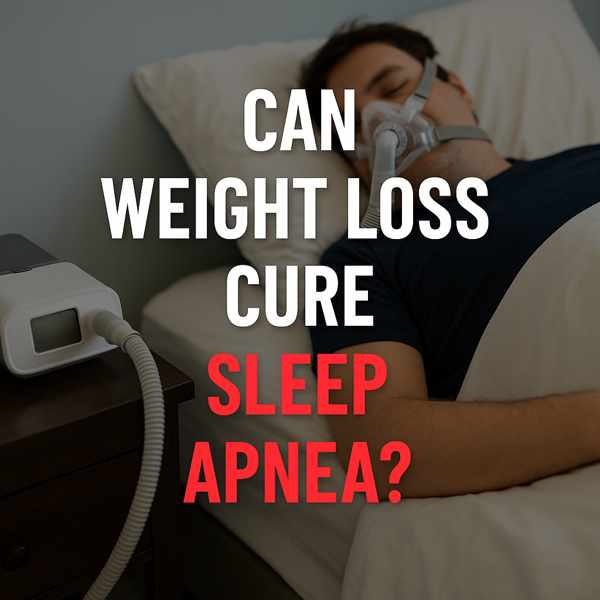Can Weight Loss Cure Sleep Apnea?
Can Weight Loss Cure Sleep Apnea?
Blog Article

Many people with sleep apnea experience snoring, daytime fatigue, and health complications.
While not always a complete cure, weight loss often improves symptoms of sleep apnea significantly.
What Is Sleep Apnea?
The most common form is obstructive sleep apnea (OSA), caused by blocked airways.
Common symptoms include:
- Loud snoring
- Interrupted breathing patterns
- Excessive daytime tiredness
- Morning headaches or dry mouth
Why Excess Fat Matters
Carrying extra weight, especially around the neck and upper body, can put pressure on the airway during sleep.
Key risk factors include:
- More weight increases OSA risk
- Narrows the airway path
- Can contribute to airway collapse
Can Weight Loss Cure Sleep Apnea?
In many cases, losing weight can dramatically improve sleep apnea symptoms.
Possible benefits of weight loss:
- Improved nighttime breathing
- Better oxygen flow
- Less need for CPAP machines or surgery
- Improved sleep quality and energy
However, weight loss may not cure sleep apnea in all cases — especially if anatomical issues or severe OSA are present.
What Results Can You Expect?
Even modest weight loss can have a weight loss and sleep big impact.
Tips:
- Start with small, achievable goals
- Combine diet and exercise
- Track your sleep changes
Lifestyle Changes That Help
Effective strategies:
- Eat a balanced, whole-food diet
- Exercise regularly (cardio + strength)
- Sleep on your side
- Avoid alcohol and sedatives
Working with a nutritionist or sleep specialist can provide more personalized support.
What to Do if Symptoms Persist
While weight loss is helpful, it may not fully resolve sleep apnea for everyone.
- CPAP therapy (Continuous Positive Airway Pressure)
- Oral appliances
- Surgery in severe cases
Conclusion
So, can weight loss cure sleep apnea? In many cases, it can improve the condition.
Still, sleep apnea is a medical condition that may require combined treatments. Report this page